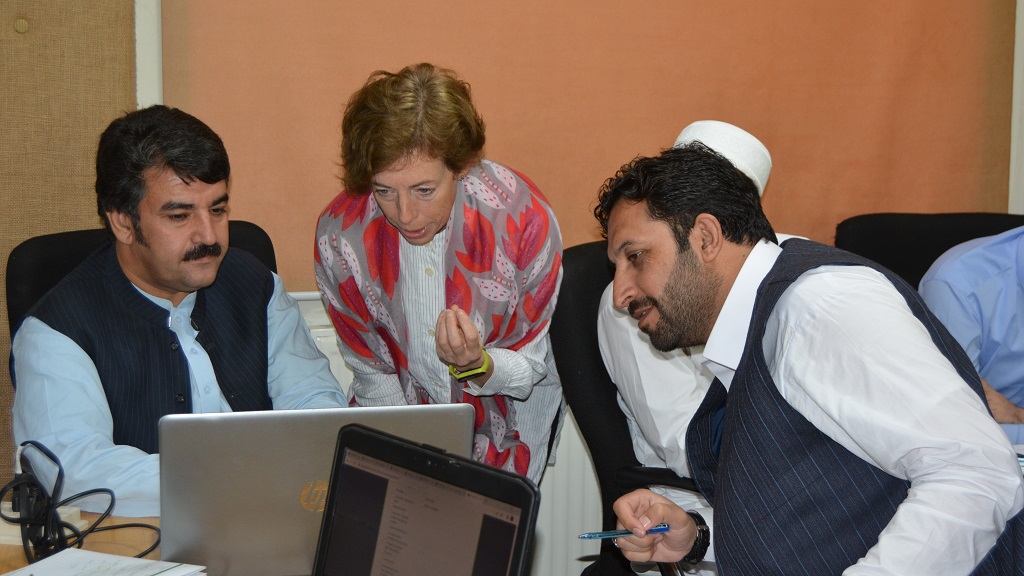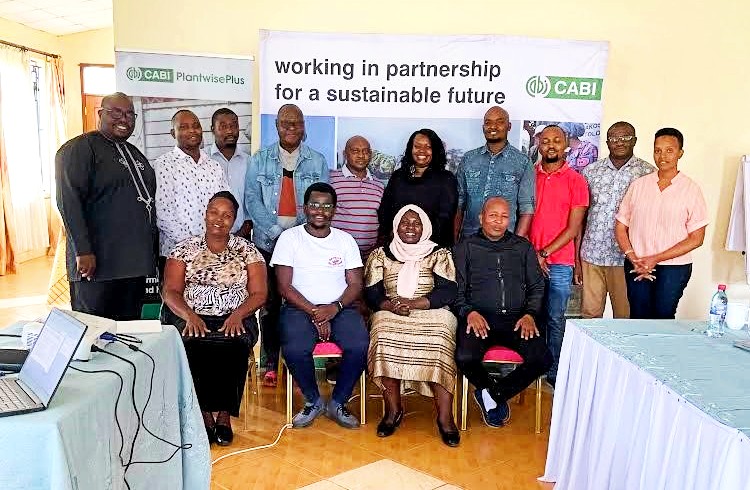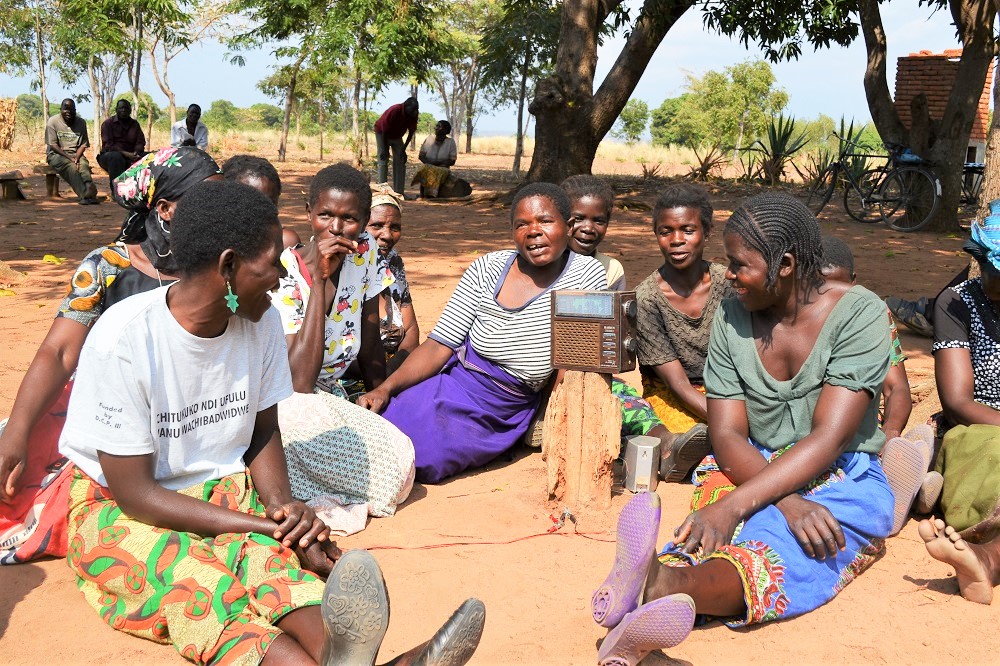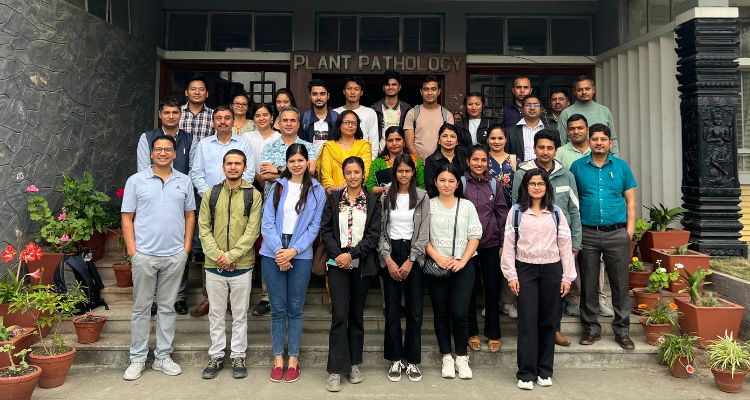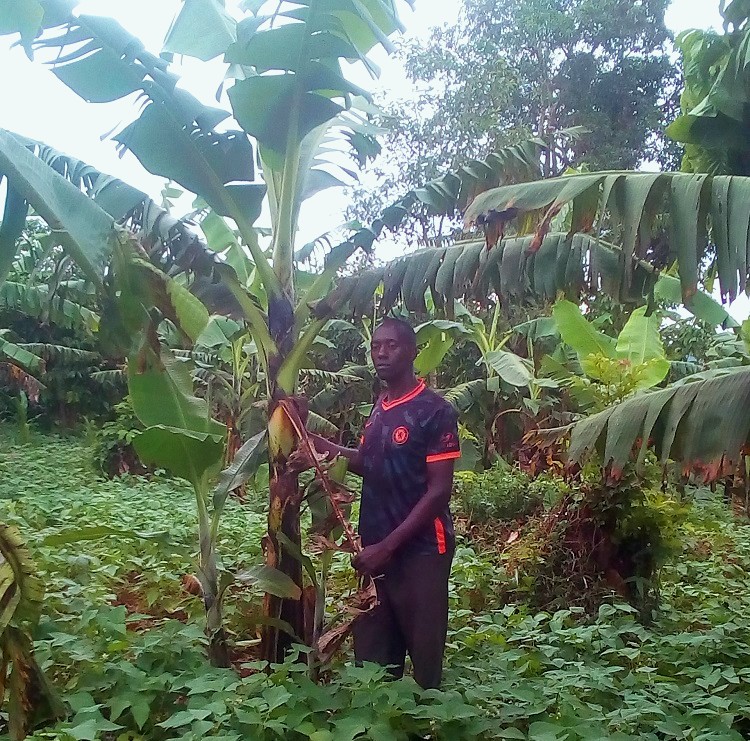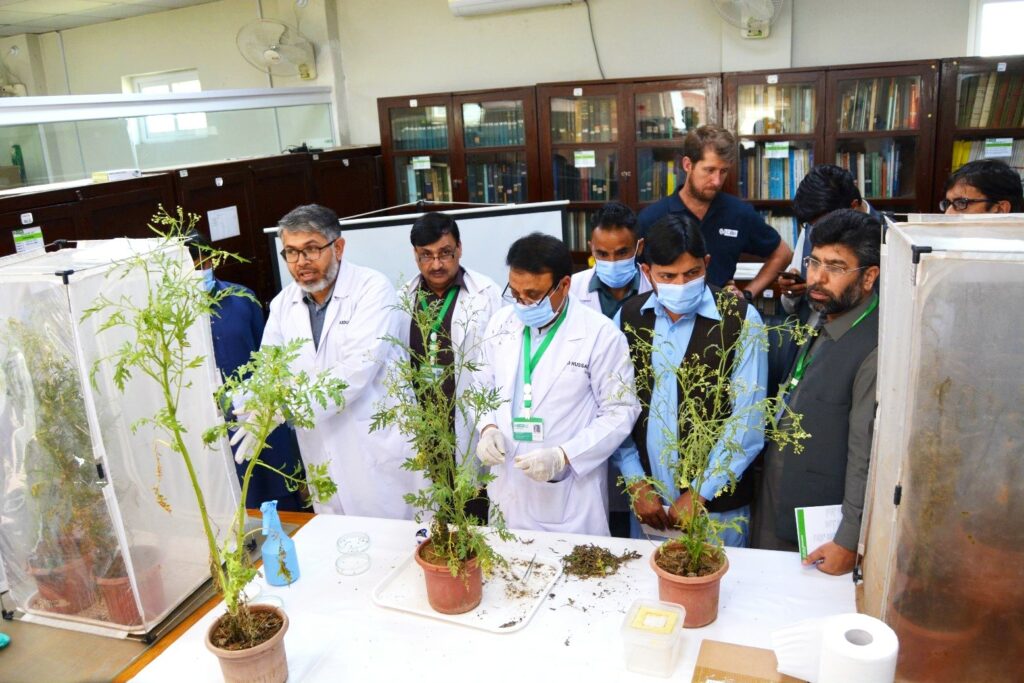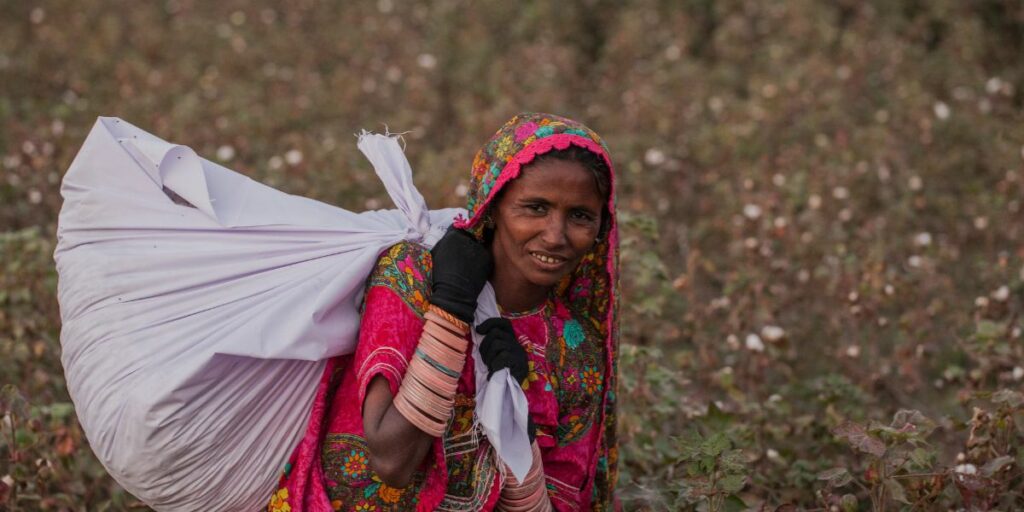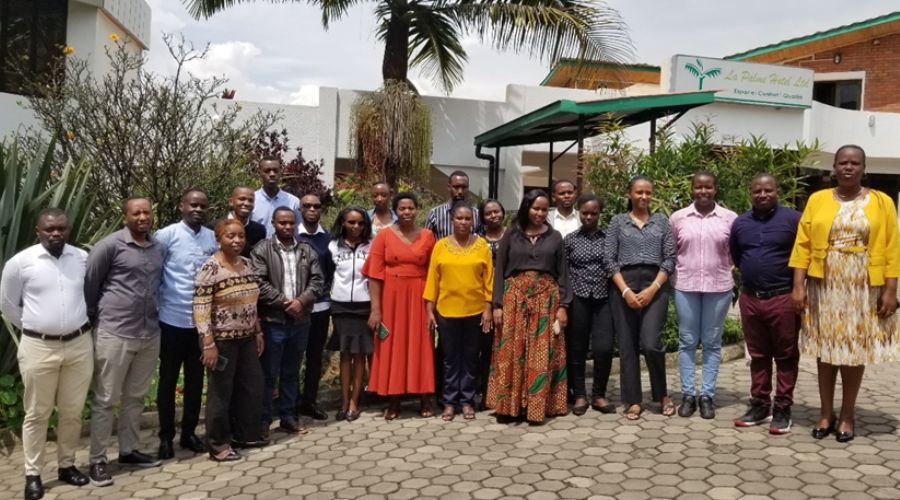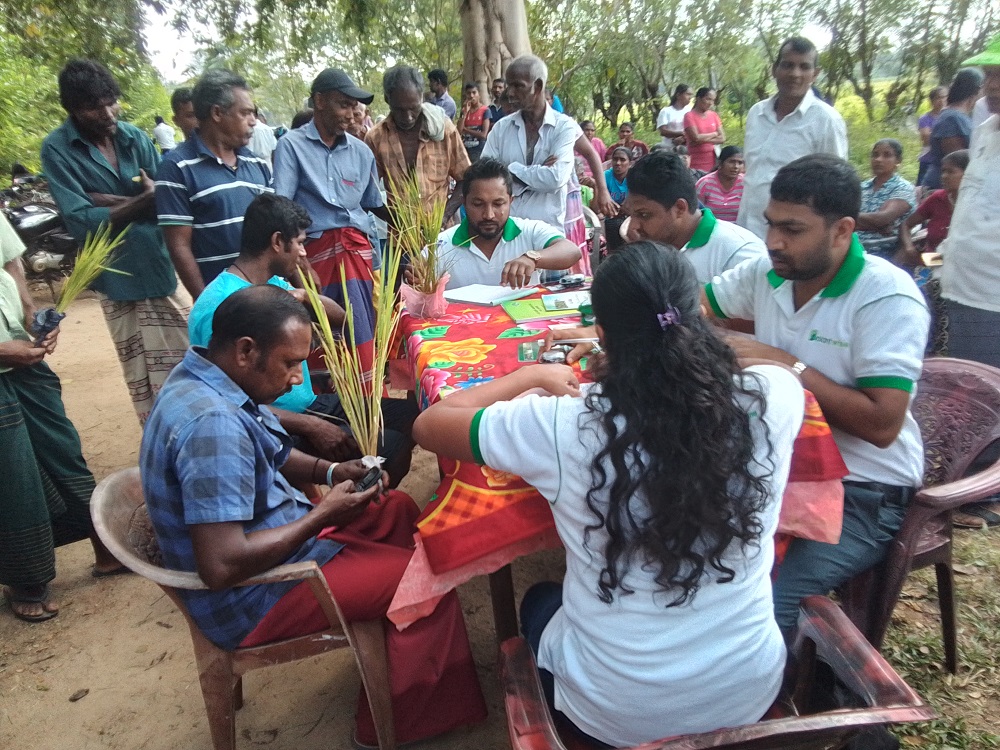CABI Academy helps Better Cotton team grow its plant-health knowledge
Members of the CABI Better Cotton Initiative team gave their crop pest diagnosis and management skills a boost recently thanks to the CABI Academy. Over 100 team members completed the Crop Pest Diagnosis and Crop Pest Management courses with all participants gaining a pass certificate.
Plant doctor training improves Rwandan farmers’ access to plant health advice
A six-day Plantwise plant doctor training session took place in Rwanda this March. Funded by CABI, the training aimed to build the capacity of Rwanda Inspectorate, Competition and Consumer Protection Authority (RICA) staff in the diagnosis of crop pest problems, and providing advice to farmers.


